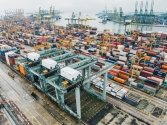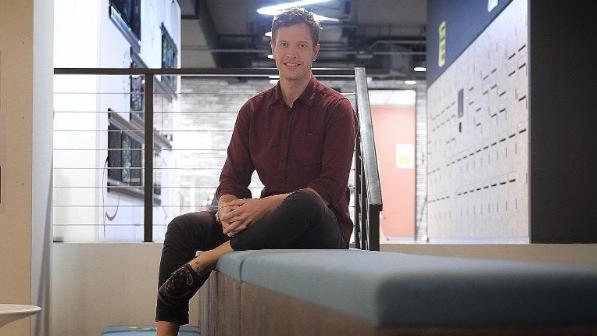
How reach52 bridges the gap in healthcare with tech
The unique startup aims to connect to 250 million individuals across the globe by 2030.
At the fragile age of 70 years old, Marisol* discovered that she had diabetes through a local screening event. Living in a rural barangay in Pototan, Iloilo, Philippines made it difficult for her to have herself medically checked. She had no family to take care of her and the high costs that came with taking tests, as well as the long travel to the nearest city, proved to be another reason why she never sought help.
In October 2020, Marisol enrolled in reach52’s Padayon Program, which also provided community awareness and screening services, as a partnership with Medtronic LABS, and there learned how to properly manage her condition for an affordable price of $20 for a 12-week subscription. She was also able to get a test for hepatitis and other conditions through reach52 and partnerships with Johnson and Johnson, and Gilead Sciences.
The “Padayon model”, which means keep going or continue in the local dialect, combines regular glucose monitoring, patient support and education,, affordable medicines (through reach52’s marketplace) and practical coaching all together in one accessible service for residents. Marisol only learned that she had diabetes as part of the reach52 services that they deliver in partnership with the private sector, and could only afford the support when she joined Padayon; as the government just doesn’t have the available services to provide this, and 70% of health expenditure is paid out-of-pocket. This is the reality for 52% of the world that lacks affordable access to essential health services.
Founder and CEO Edward Booty is driven by his years in healthcare and tech consulting to reach far-flung communities in developing countries. Bringing reach52 to life was not an easy feat and powering through the past year became more of a challenge to grow amidst the trials brought about by the pandemic. As the company reaches out to more individuals to promote health care, they also aim to connect with more private, public and non-profit partners to improve the services that they offer.
Speaking with Healthcare Asia, Booty said that their services are made possible with the help of technology. Using offline apps that don't require the internet, reach52 trains agents and government workers in more rural and non-urban areas to collect information on what type of needs must be given attention to in their partner communities.
From the data collected, reach52 organizes activities and holds events that will cater to specific communities’ needs, such as screening, public health events and access to doctors. These are delivered in the communities themselves, coordinated by the network of agents
The name "reach52" came from a World Bank and World Health Organization statistic in 2018 which showed that 52% of the world had lacked access to essential healthcare. With years of experience in India and experience in digital health consulting in the U.K., Booty started reach52 five years ago in Singapore to hopefully bridge this gap.
Funded mainly by the private sector and partnering with pharmaceutical companies, reach52 says it can provide medicines, insurance and consumer health products at a lower cost - alongside the primary health services.
Some examples are which they offer for 80% below market rate, medicine for hepatitis for $5 instead of $30, and maternal health scans for $9 which usually costs about $20. On top of this, the travel can be about three to five hours to drive to the city hospitals, so the services are both more convenient, affordable, and save on the time and cost of travel.
“We collect the data and have these people in the communities coordinate the health services, then the private sector will provide capital whilst the government provides human resources. High quality medicine and other essential health products and services are delivered in the community through better trained health workers. ” he said.
“We do make a small margin on those medicines that we deliver and that's how we're keeping our service sustainable, but we also bring health care to the communities and save people money for their health care access costs, which is a key part of our mission to enable health for all,” he added.
Booty said that whilst this is the ideal scenario for all the communities they reach out to, there are a couple of challenges that they currently face such as country regulations and laws.
However, on top of that is the overall lack of digital maturity in health systems especially in developing countries.
“The digital maturity of the health systems would be one of our biggest barriers but I’d break that down more. There is really unhelpful or prohibitive regulation in many countries. For example, prescriptions still have to be on paper and not digitized, or telehealth and virtual consults are not allowed. Insurance paperwork has to be physically signed. A lot of these regulations do block us, or just create inefficiencies and more cost in a segment where affordability is key” he said.
“Secondly, on the digital maturity of the users, not all have smartphones and often there's no internet. This means there is a need for high amounts of training and effort to actually embed these systems into place. Offline working is just painful, software development is more expensive and harder. Then we have to sync the phones periodically which causes all sorts of operational issues, The lack of payments infrastructure and thus cash also adds to costs and risk” he added.
‘reach52 for business’
According to Booty, reach52 is a mix of B2B and B2C financing. They earn from small delivery fees on the medicines and on insurance plans that they deliver.
Additionally, B2B partnerships are essential for sustainable financing that will help them continue servicing emerging markets and more rural, non-urban areas; as well as enabling getting access to more affordable products.These partnerships included screening, health awareness campaigns, health worker education, and other relevant services that strengthen primary healthcare.
“We actively work with the private sector to do market research, helping them understand the gaps in the markets for their product, run screening campaigns, run health worker education in certain disease areas, raise awareness of certain health issues, but then also really look to get affordable products from them and open up a new market for social business. Then, we actively promote and sell them, again, noting regulation around health care marketing.” he said.
“We really span that whole spectrum of going from the research to strategy, running the services at community-level, engaging in the health workers, and then give access to products and services at the end of that as well, managing the ordering, payments and supply chain. That's really what we do with our business partners, we give that end-to-end service,” he added.
Working with different groups in both private and public spheres, they’re enabling sustainable health system services and last-mile access to products in markets where others don’t reach, so there aren’t direct competitors.
However, the undiagnosed are the biggest threat. “I do always say that our biggest competitor in that space is people doing nothing because about two thirds of diseases are undiagnosed in Asia. People just don't know they have diabetes, they don't know they have hypertension, because they've never been able to find that out” he said.
“We're always working with these patients to really understand what they do have and help them to understand why it's important. They might buy medicine from us, or the alternative or the competitor, but the alternative to that is them just not knowing they have hepatitis and getting liver cancer because they've done nothing, or having their child die at birth from an avoidable complication we could spot with a simple scan” he added.
Connecting to 250 million by 2030
Booty said that reach52 is scaling by targeting to be present in more countries within the next decade.
After a successful launch in India over the past year amidst the pandemic, new ways for them to connect with more communities have opened.
“The way that we're doing that is very much working with partners on the ground. With NGOs, which we have tried in India given the COVID restrictions that were put on us, worked really well. We paid NGOs to help us recruit the field force and recruit these health workers that use our tech and enable access to health care and rural areas,” he said.
“It's really efficient. NGOs get another revenue channel and we get quicker growth, leveraging that sort of trust network and ability to recruit and train people in regions. Ultimately, it is faster growth for us and is more affordable. We save money by doing it that way versus just going to all communities alone,” he added.
Currently present in three markets, particularly Philippines, Cambodia, and India, reach52 is set to expand this year beyond Asia and into Africa. They have just hired the first team members in Indonesia and Kenya.
“We're doing okay in three markets. Now, we are launching in Indonesia and we're also launching in Kenya later in the year and starting to look to build out our presence in Africa,” he said. “Expanding our B2B relationships is also key, but its a slow game as its quite a fundamental rethink of entrenched business and commercial models for our partners, albeit the global sentiment, in my view, is shifting towards impact, sustainability and profit with purpose”.
“We are looking to be in five markets by the end of the year and connect 250 million people to health care by 2030,” he concluded. “COVID-19 has shone the light on how weak yet essential health systems are, and we’re going to do something about it. Watch this space.”.
Photos courtesy of reach52.
*Not her real name.
(Interviewed by Fidea Encarnacion)




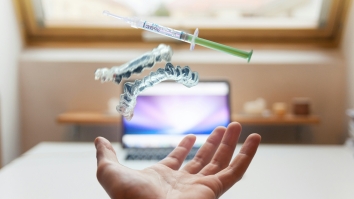
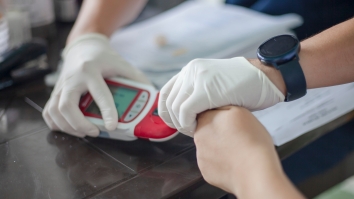










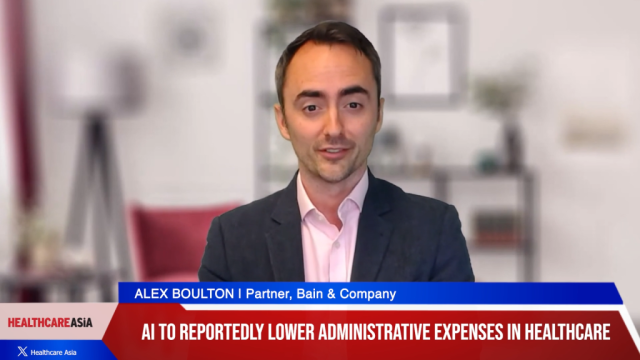
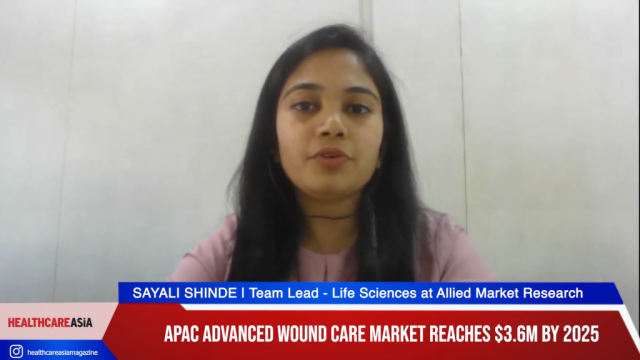
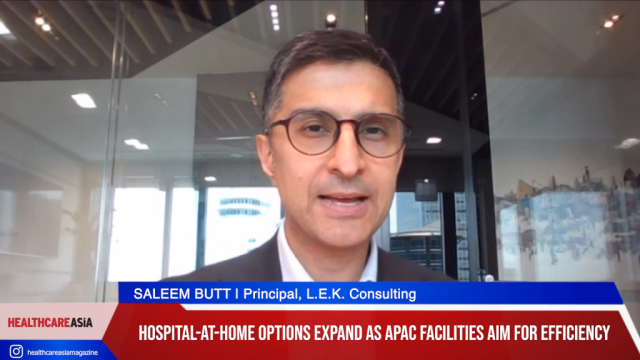
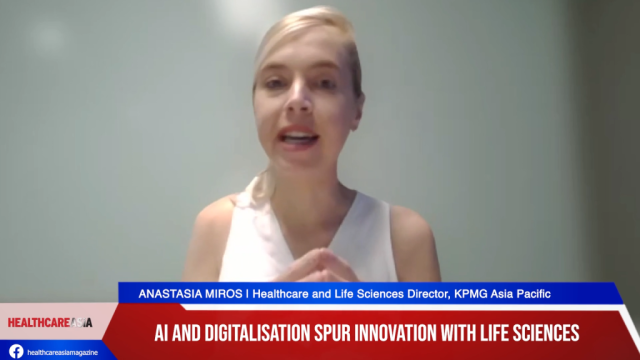
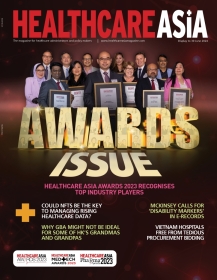
 Advertise
Advertise
